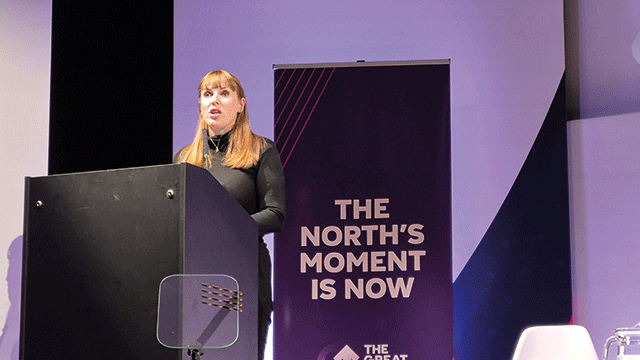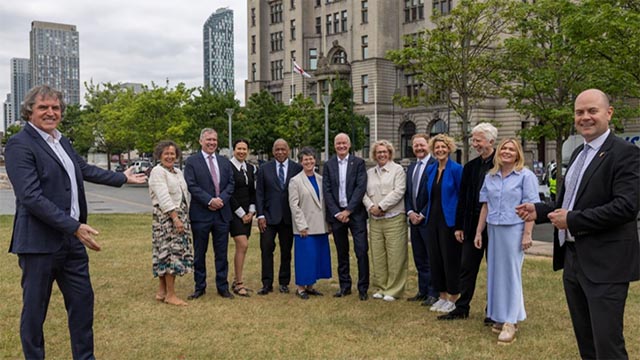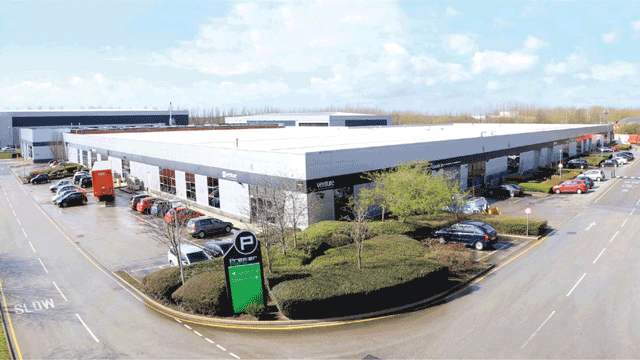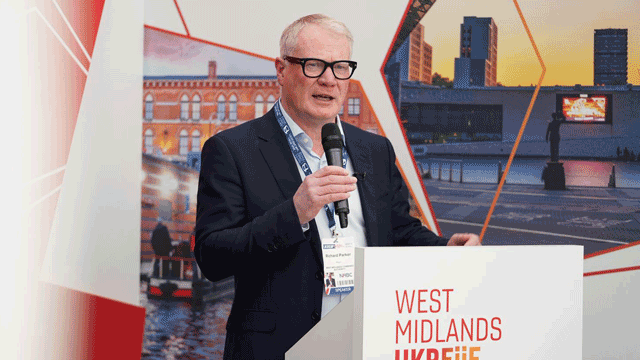I’m not betraying a confidence when I tell you property isn’t an industry that’s good at keeping secrets. Just occasionally though, it manages to succeed.
And there’s no better recent example than Manchester’s Project Digital.
Interest was piqued last August when the several global, unnamed, companies behind the highly secretive scheme signed leases on 20 Manchester buildings totaling 180,000 sq ft. Each site, we were told, would host ground-breaking technology that is “completely innovative and unprecedented”.
A month later we were told that a search for space in London would be doubled to 1m sq ft. And the project was given a proper name: “Tomorrow”. Few further details were given and, surprisingly, none have emerged. Who the companies are and details of their plans remain a mystery, though there are plenty of guesses. As for a launch, it seems, tomorrow never comes.
At this week’s Manchester and Liverpool Property Forum the tantalising prospect of a launch within weeks was dangled. If the reality lives up to the promise, the announcement could be every bit as significant as the other big TMT news of the week: the submission of Google’s ambitious plans for its King’s Cross HQ to Camden council.
“Tomorrow” should add further credence to Manchester’s claims to be the digital capital of the North. With the BBC airing hourly adverts for its Manchester studio, ITV’s swagger returning, Professor Brian Cox’s ascent and graphene’s march, the city is the definition of a modern, creative knowledge economy. And one with ambition too.
At this week’s forum, Bruntwood director Colin Sinclair wasn’t the only one to forecast growth in the city’s TMT sector. But he was alone in putting a number to the scale of just what could be achieved. “TMT is 13% of the Manchester market,” he said. “In London it is 28% and chasing New York. TMT could be a quarter of the Manchester market.”
And he made no bones about the fact that the cheaper cost of skilled labour in the North West would help fuel growth. “With the talent cost saving of about 30%, why would you have everybody in London?” he asked.
Add to that improved transport connectivity between the two cities – and the far faster growing hubs of Asia and beyond – and the case Manchester grows stronger all the time.
• Speaking of the spending review, the amount of cash in the Single Growth Fund is nine times lower than expected. Former deputy prime minister Lord Heseltine was hoping for about £18bn a year to make a difference. Only £2bn a year will be on offer from 2015 onwards. Disappointing, but not altogether surprising.
• Elsewhere at the forum, Sheppard Robson partner Andrew ?German made a good point about office design this week. The ?average age of KPMG’s staff – including those who will move into ?Argent’s One St Peter’s Square building in Manchester next year – is 26. Given the time it takes to move from conception to delivery, there’s no point designing a workspace for employees of even this relatively tender age. Office design needs to take into account the habits and thinking of today’s 15 year olds, according to German.
“We look at teens and how they communicate and that’s who our buildings are aimed at,” he told the conference. The idea of designing a workspace for my 15-year-old self is a terrifying thought. But ?German has a point.
• The entry deadline for this year’s Estates Gazette Awards is less than two weeks away. With new categories, the return of old favourites and the envy and adoration of your peers, it would be neglectful not to enter. Details here.
damian.wild@estatesgazette.com











